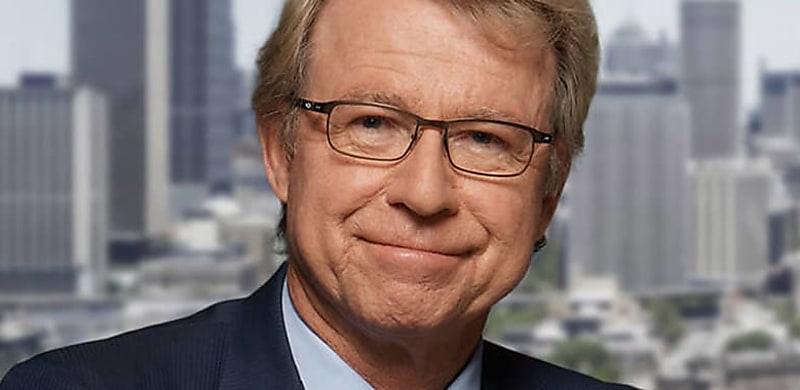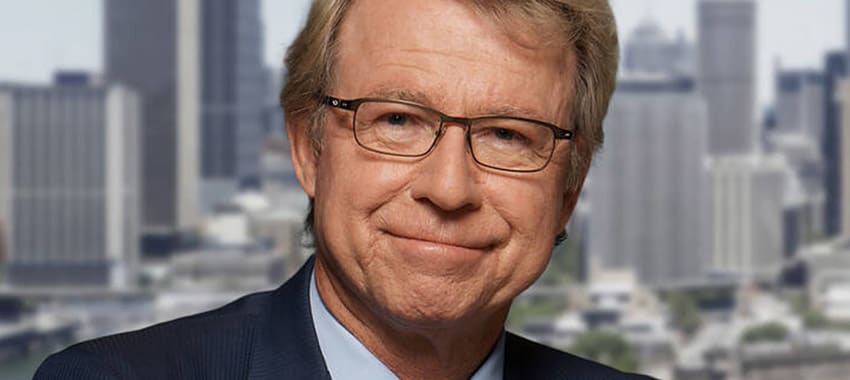
Following the central bank’s shock decision to lift the cash rate at its May meeting, one financial expert has warned recession threats loom large on the horizon.
As part of its hunt to wrangle inflation into its 2 per cent to 3 per cent target range, the Reserve Bank of Australia (RBA) resumed its cash rate hiking cycle earlier this month, taking the rate to 3.85 per cent. But Shane Oliver, head of investment strategy and chief economist at AMP, considered that taking similar monetary policy action in the future risks running the national economy into recession.
Speaking to our sister brand Real Estate Business, Mr Oliver noted the importance of driving inflation down and that the RBA “should have paused for a little bit longer”.
“In the past, we’d go on a pause and it would be three months before the next one, and that’s probably a better window to gauge the impact of past hikes,” he said, referring to the RBA’s decision to raise interest rates just one month after pausing their hiking cycle in April.
In announcing April’s monetary policy decision, RBA governor Philip Lowe noted: “The board recognises that monetary policy operates with a lag and that the full effect of this substantial increase in interest rates is yet to be felt.”
Despite also indicating the RBA “took the decision to hold interest rates steady this month to provide additional time to assess the impact of the increase in interest rates to date and the economic outlook”, the central bank took the unexpected route of re-raising the cash rate by 0.25 per cent earlier this month.
It was a course of action that blindsided many Australians and has led Mr Oliver to stress the potential ramifications of continued cash rate increases.
“I worry that by jacking up interest rates so rapidly, which we have seen since May of last year, that we run the risk of ignoring the lagged impact of interest rate hikes, and therefore, you have this risk that you tip the economy into recession,” he said.
He conceded certain aspects of the Australian economy were still performing well, such as restaurant sales, but believes the post-pandemic resumption of normal life and trade is still being enjoyed to some extent, and therefore, this trend will “at some point run its course”.
While the expert believes the risk we avoid recession (55 per cent) is greater than the risk we enter one (45 per cent), he warned the RBA’s inflation-fighting mission runs the risk of “knock[ing] the economy into a deep recession”, if enacted too quickly.
While the RBA has their eyes across a number of metrics, including household spending, employment and inflation among others, it is the central bank’s laser focus on home values – which have risen for two consecutive months, according to CoreLogic – that intrigues Mr Oliver.
He described how the RBA wants lower house prices because it produces a “negative wealth effect that, as house prices fall [and] people feel poorer and they spend less”, which in turn achieves the same aim as getting lower spending and lower inflation.
But the expert believes the RBA’s concern with rising house prices, which has been induced by a myriad of factors, including but not exclusive to rising immigration and a very tight property market, is “a little bit premature”, especially considering his position that “a couple of months don’t necessarily prove anything in terms of house prices”.
Espousing a gut feeling that Australia has reached the peak of the rate hiking cycle, Mr Oliver does consider that the RBA does need to turn its attention to the past in order to pave way for the future.
“History doesn’t repeat, but it rhymes,” he declared.
Pointing out how Australia entered a similar interest rate rising cycle back in the late 1980s, where the cash rate jumped from around 10 per cent to 18 per cent, the economist remarked on then-treasurer Paul Keating’s comments that the economy had done well to maintain its resilience, having stated: “The economy is like a very effervescent champagne with the bubbles overflowing the sides of the glass.”
However, rising rates eventually “knocked the economy off the edge”, with Mr Oliver conceding that “at some point, the economy broke, and we ended up with the recession Paul Keating said we have to have”.
“But it took a while to get to that point,” he continued.
“That’s the problem here. If you don’t wait to see the impact of your rate hikes, then you’ll keep going and going and going, and then finally, you find you’ve gone too far.”
“And so, that’s why that risk of recession is there,” Mr Oliver concluded.
[Related: The key housing measures of the budget 2023–24]
